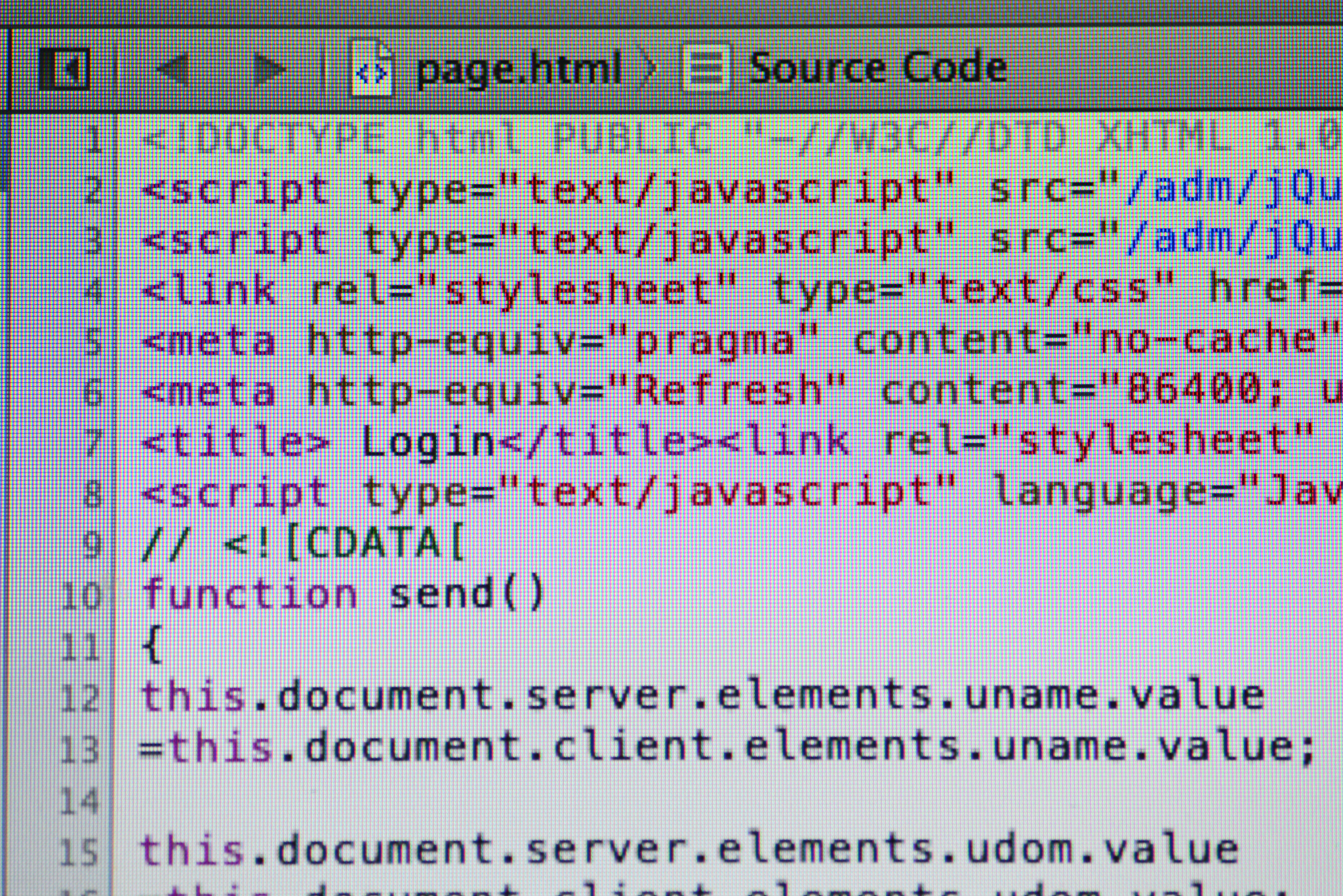使用C#实现一个http服务器
以下是使用C#实现一个基本的HTTP服务器的步骤:
-
创建一个TCP监听器,接受来自客户端的连接请求。
-
接受客户端连接后,创建一个网络流,从中读取HTTP请求。
-
解析HTTP请求,包括请求方法、请求路径、请求头等信息。
-
根据请求路径,确定需要返回的文件或数据,并读取相应的内容。
-
构造HTTP响应,包括响应状态码、响应头和响应内容等信息。
-
将HTTP响应写入网络流,并关闭连接。
以下是一个简单的HTTP服务器实现代码示例:
using System;
using System.Net;
using System.Net.Sockets;
using System.IO;
class HttpServer
{
public static void Main(string[] args)
{
TcpListener listener = new TcpListener(IPAddress.Any, 8080);
listener.Start();
Console.WriteLine("HTTP server started on port 8080");
while (true)
{
TcpClient client = listener.AcceptTcpClient();
ProcessClient(client);
}
}
private static void ProcessClient(TcpClient client)
{
NetworkStream stream = client.GetStream();
StreamReader reader = new StreamReader(stream);
StreamWriter writer = new StreamWriter(stream);
string line = reader.ReadLine();
if (line != null)
{
string[] tokens = line.Split(' ');
if (tokens.Length >= 2 && tokens[0] == "GET")
{
string path = tokens[1].Substring(1);
if (path == "")
{
path = "index.html";
}
string filePath = Path.Combine(Directory.GetCurrentDirectory(), path);
if (File.Exists(filePath))
{
string contentType = GetContentType(filePath);
byte[] content = File.ReadAllBytes(filePath);
writer.WriteLine("HTTP/1.0 200 OK");
writer.WriteLine("Content-Type: " + contentType);
writer.WriteLine("Content-Length: " + content.Length);
writer.WriteLine();
writer.Flush();
stream.Write(content, 0, content.Length);
}
else
{
writer.WriteLine("HTTP/1.0 404 Not Found");
writer.WriteLine();
writer.Flush();
}
}
}
client.Close();
}
private static string GetContentType(string filePath)
{
string ext = Path.GetExtension(filePath).ToLower();
switch (ext)
{
case ".html":
return "text/html";
case ".jpg":
case ".jpeg":
return "image/jpeg";
case ".png":
return "image/png";
case ".gif":
return "image/gif";
case ".css":
return "text/css";
case ".js":
return "application/javascript";
default:
return "application/octet-stream";
}
}
}
在这个简单的实现中,我们使用TcpListener来创建一个TCP监听器,接受来自客户端的连接请求。当有连接请求到达时,我们调用ProcessClient方法来处理客户端请求。
在ProcessClient方法中,我们首先从网络流中读取客户端发送的HTTP请求的第一行,解析出请求方法和请求路径。然后,我们根据请求路径确定需要返回的文件或数据,读取相应的内容,并构造HTTP响应。最后,我们将HTTP响应写入网络流,并关闭连接。
需要注意的是,这个实现只是一个最基本的HTTP服务器,还有很多地方需要改进和完善,例如:
-
支持更多的HTTP请求方法,如POST、PUT和DELETE等。
-
支持更多的HTTP响应状态码和响应头。
-
支持多线程或异步处理客户端请求,以提高并发性能。
-
支持动态生成内容,如ASP.NET、PHP和Node.js等。
-
支持HTTPS协议和HTTP/2协议等

原文地址: https://www.cveoy.top/t/topic/cOt3 著作权归作者所有。请勿转载和采集!